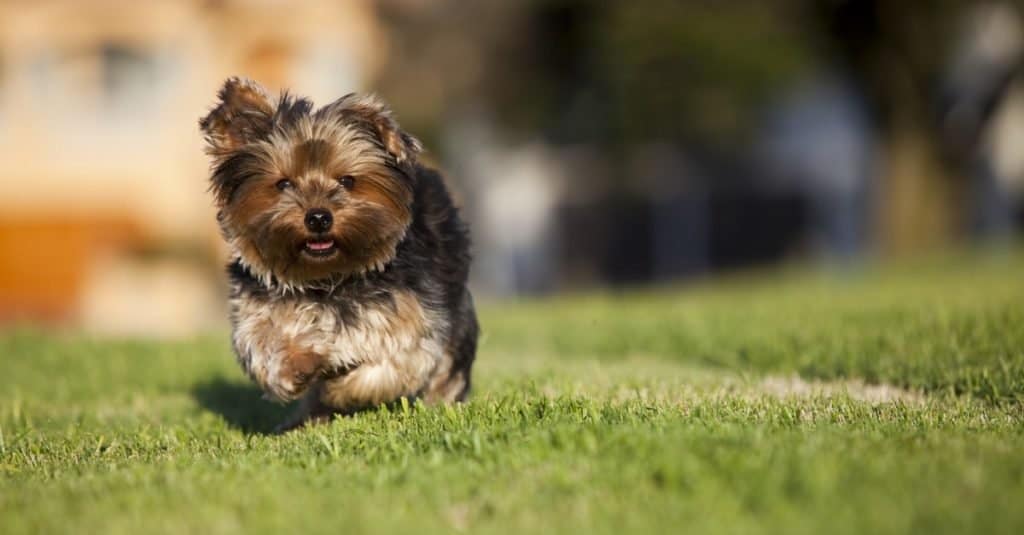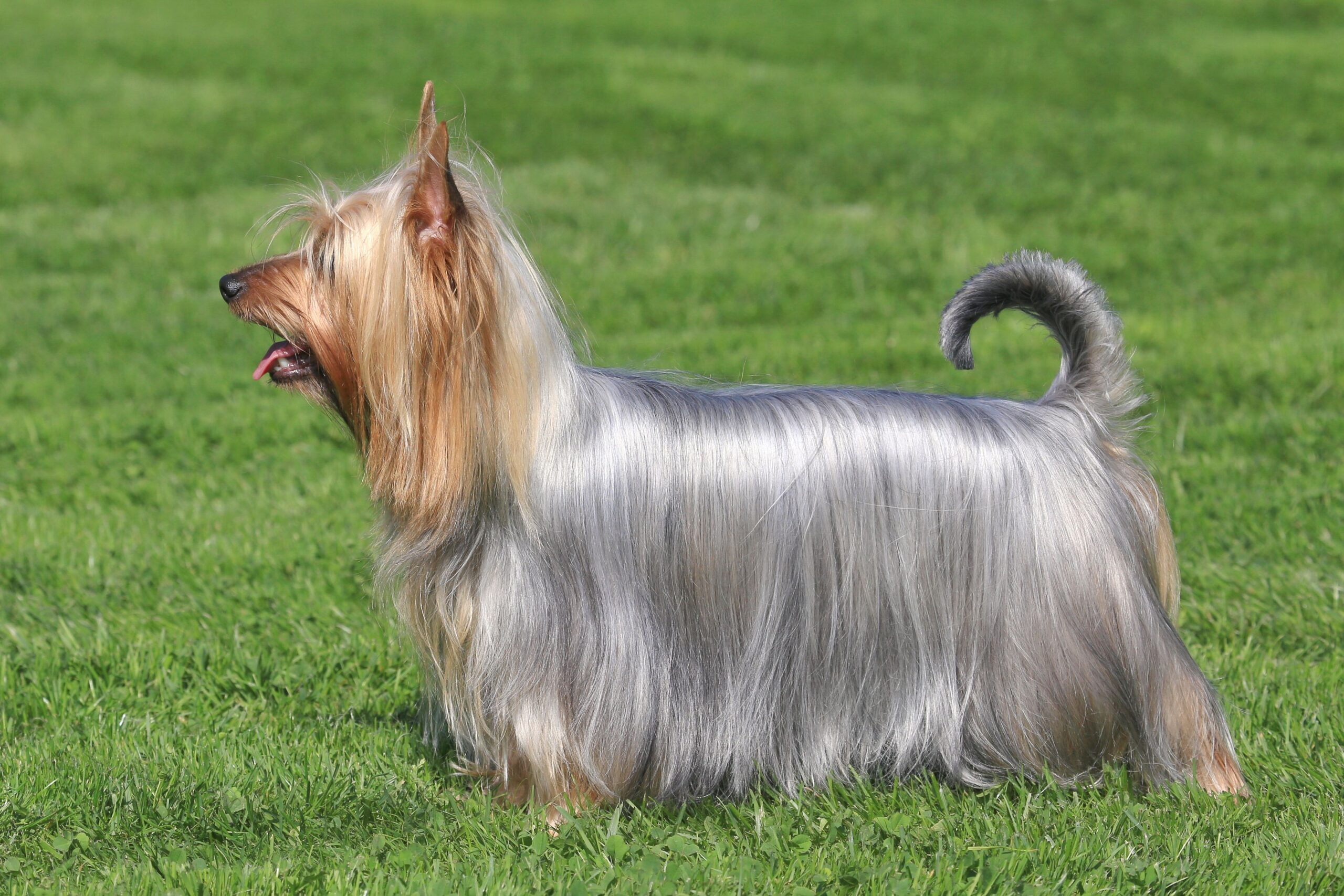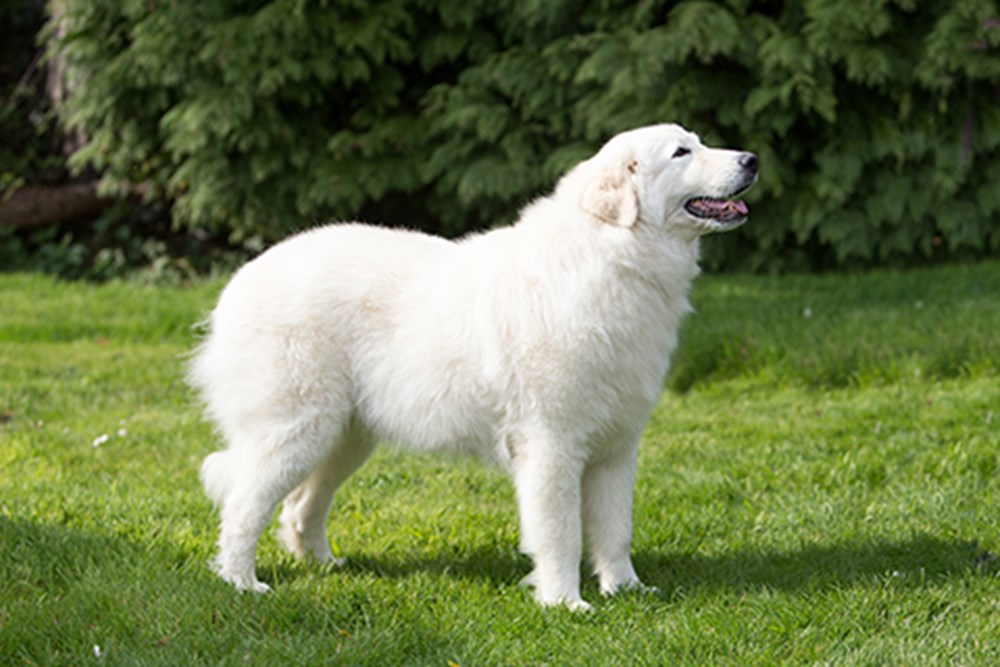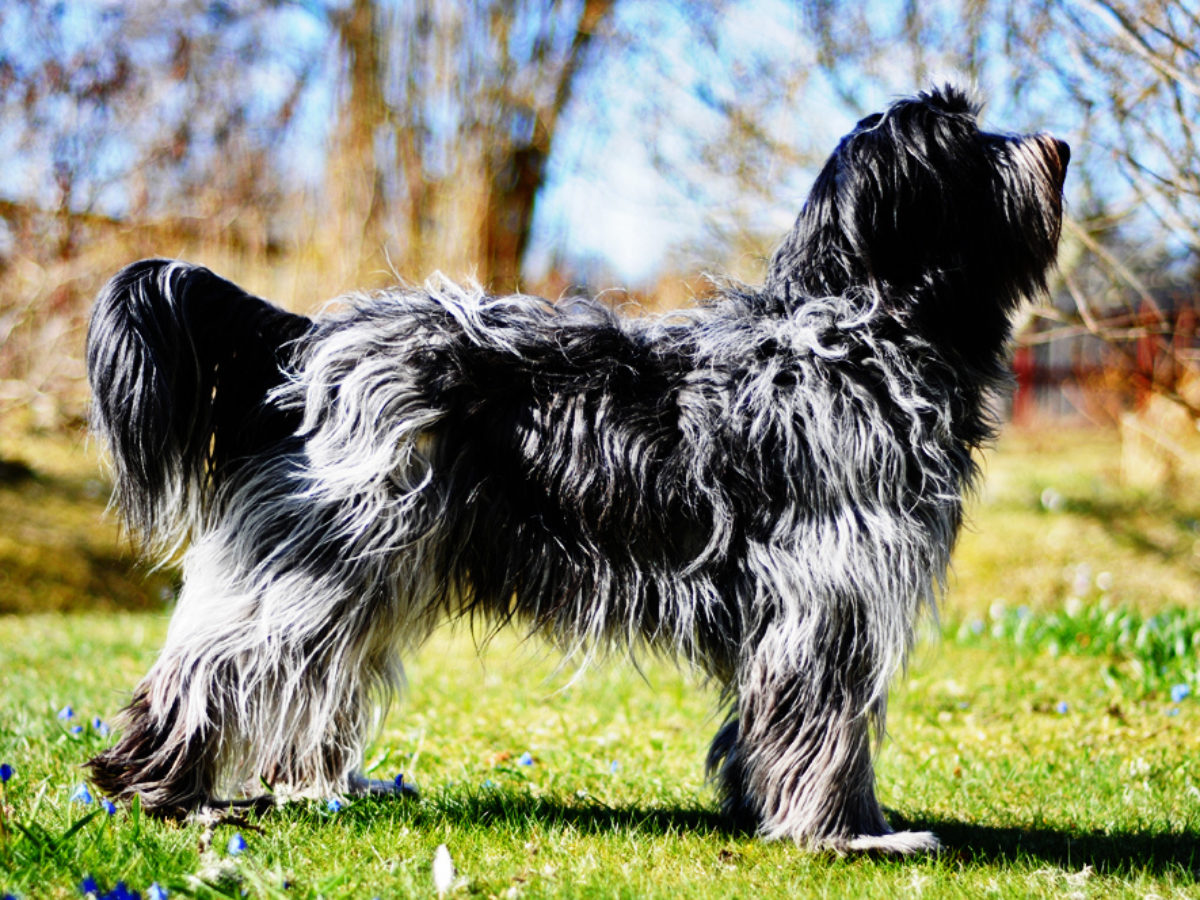Introduction
The Silky Terrier is a small breed of dog that is known for its long and silky coat, lively personality, and affectionate nature. They are intelligent and highly trainable, making them great companions for families with children. Silky Terriers are adaptable and can thrive in various living situations, from apartments to larger homes. They require regular exercise, including daily walks, to keep them physically and mentally stimulated. Although they have a terrier’s natural instinct to hunt, they are generally friendly and get along well with other pets.
Silky Terrier Temperament
Silky Terriers are known for their spunky, energetic, and affectionate personalities. They are intelligent, curious, and often exhibit a playful sense of humor. Silky Terriers are loyal to their owners and can be protective of their families. They do well with children but may not tolerate rough play or handling. These dogs can be independent, but they also crave human attention and thrive on affection. Silky Terriers are vocal and will often bark to alert their owners of any perceived danger.
Aggression

Silky Terriers are generally friendly and affectionate dogs that rarely exhibit aggressive behavior. However, any dog can become aggressive if they feel threatened, frightened, or territorial. In some cases, aggression may be a result of improper socialization, lack of training, or medical conditions. It’s important to recognize the signs of aggression in your dog, such as growling, snapping, or biting, and address any issues immediately. Consulting with a professional dog trainer or behaviorist can be helpful in managing any aggression issues.
Health and Lifespan
The Silky Terrier is a relatively healthy breed with a reported lifespan range of 12 to 15 years. However, as with any breed, the lifespan of a Silky Terrier can be influenced by various factors such as genetics, diet, exercise, and overall health care. Providing your Silky Terrier with a nutritious diet, regular exercise, routine veterinary care, and lots of love and attention can help them live a longer, healthier life.
Food for Silky Terrier
When it comes to feeding your Silky Terrier, it’s important to choose a high-quality dog food that provides all the necessary nutrients for their health and well-being. Look for a dog food that has whole meat as the main ingredient, rather than by-products or fillers. They also require a balanced ratio of protein, fat, and carbohydrates. A diet with adequate fiber content can also promote healthy digestion. It’s important to consult with your veterinarian to determine the appropriate amount of food for your dog, as their calorie needs may vary depending on their age, weight, and activity level.
Training for Silky Terrier

To train a Silky Terrier, start early and use positive reinforcement, be patient and consistent, socialize your dog, provide exercise and mental stimulation, and seek professional help if needed.
Conclusion
In conclusion, the Silky Terrier is a lively and loving companion that is highly adaptable and trainable. With their affectionate personality, intelligence, and low-shedding coat, they make great pets for families with children or individuals with allergies. While aggression is not a common trait in Silky Terriers, proper training and socialization are still essential to prevent any potential behavior issues. Feeding a high-quality dog food and providing regular exercise and fresh water are also crucial to ensure your Silky Terrier maintains good health. With proper care and attention, the Silky Terrier can be a wonderful addition to any loving home.




